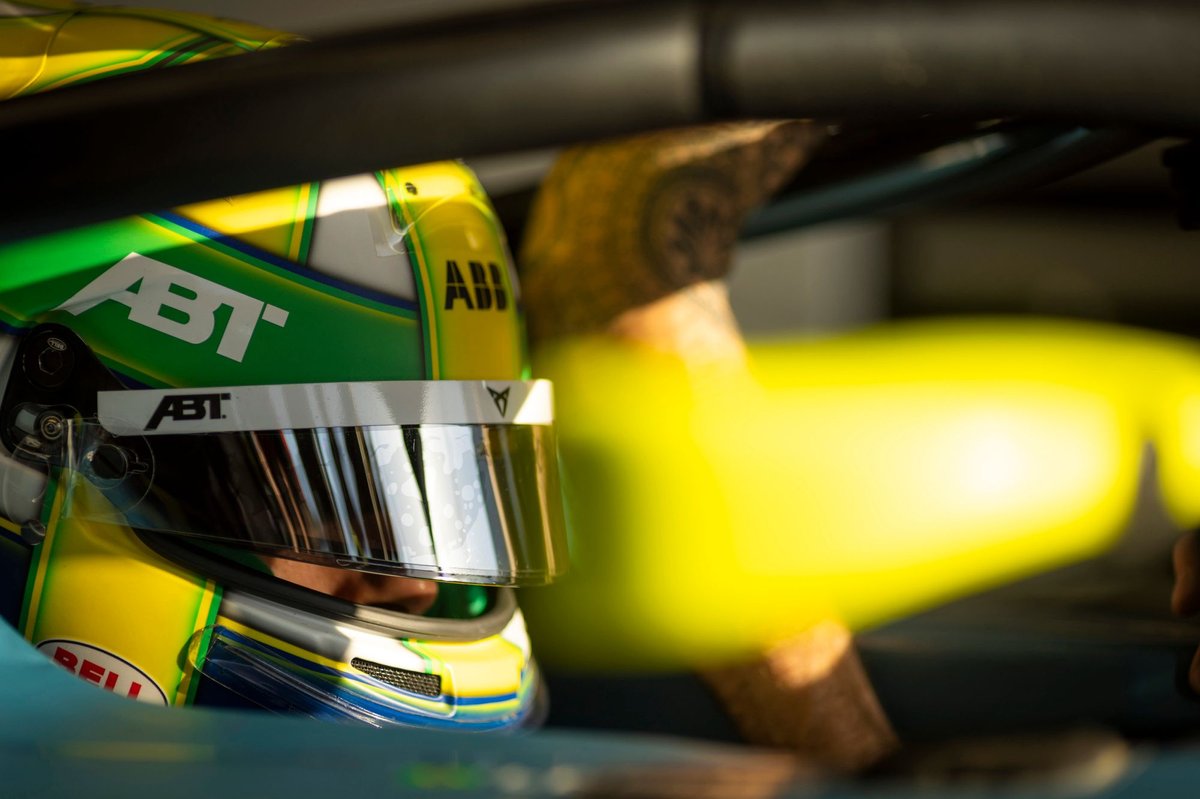Artificial Intelligence (AI) possesses significant transformative capabilities across various fields, a fact frequently misconstrued by many. Contrary to popular belief, mere automation doesn’t equate to AI. Genuine AI involves software with the capacity to learn, enhance itself, and independently make decisions. In the current landscape of Formula E, AI usage beyond social media applications remains limited. Nevertheless, the potential for its broader incorporation is on the verge of realization.
Essential to the effective operation of AI is the availability of high-quality data. With the abundant data generated in motorsport, it stands as an ideal candidate for embracing the AI revolution. Beyond enhancing performance, there exists a vast opportunity to commercially leverage AI systems. The development of specific models can yield superior solutions across various areas, from optimizing electric motor coil wiring to streamlining magnetic flow or reducing weight.
When employed judiciously and complemented by adept software development, AI emerges as a potent tool for enhancing efficiency, reliability, and safety. Its implementation facilitates the processing of vast data volumes and expedites simulations, thereby improving the cost-effectiveness of motorsport operations more widely.

The volume of data generated during a race weekend surpasses human capacity for comprehension and performance extrapolation. AI, however, can swiftly process car data to devise solutions that might easily elude human cognition and achieve potentially better outcomes.
Failure to embrace AI translates to falling behind the curve. Analogous to not using the internet, abstaining from AI adoption is self-defeating because it deprives people of access to crucial data reservoirs. While its adoption remains voluntary, integrating AI into racing team operations or software development emerges as a logical consequence for optimizing performance and problem-solving efficiency.
Envisioning human-AI collaboration across various domains is plausible. In the long run, a scenario in endurance racing where cars alternate between autonomous and human-driven stints, with AI learning and optimizing from human input, is entirely conceivable. In the interim, real-time car set-up adjustments based on AI analysis of cornering tendencies when tires degrade could become commonplace.
Furthermore, AI holds promise as a tool for drivers in pre-event simulator sessions as the technology matures. Transitioning beyond the driver-in-the-loop model entails creating simulator drivers mirroring human limitations while striving for perfection. The prospect of a realistic ‘virtual twin’, combining the qualities of the world’s top drivers, presents unprecedented opportunities for performance benchmarking and enhancement.
In light of these developments, the inevitability of AI’s ascendancy is indisputable. Those who fail to embrace its potential, including racing drivers, risk being left in the wake of progress. Motorsport has and always will be so.

